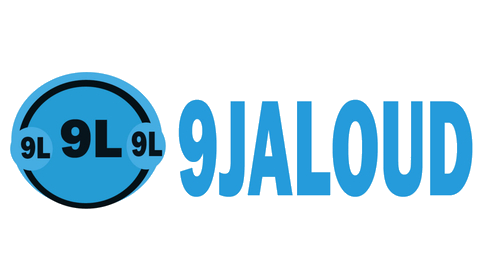There is a line from a play by Kola Onadipe that I read in primary school, Halima Must Not Die, that returns to me on days like this one.
In the play, someone had asked the lead character why she allowed herself to be deceived by religious charlatans who were simply milking her for her money.
![Prophet T.B. Joshua Returns For MMM Participants, Drop More Shocking Statement [Must Read] Mmmm](https://2img.net/h/mmmnews.com.ng/wp-content/uploads/2016/12/mmmm.jpg)
She responded, “If you cannot get the truth to buy, won’t you buy a lie?” As I type this article about an ongoing moneymaking scheme in town called MMM, and the General Overseer of The Synagogue, Church Of All Nations, Pastor Temitope Balogun Joshua, I am aware that there can be no objective definition of “truth” or “lie” in either case.
Here and there, Nigerians talk about MMM, some kind of “wonder bank” where you invest some money and within weeks, you get a 30 per cent return. The scheme is apparently popular and a few people in my circle are involved as well. The MMM scheme does not work like other Ponzi schemes but it uses a business strategy that is unsustainable in the long run.
The question is not whether it will crash or not, it is a matter of when. I asked acquaintances who were involved if they were aware that the programme was a resurgence of “Wonder Bank” that collapsed just some years ago. They were quite aware even though they were positive that the MMM would last longer than “Wonder Bank”.
I also asked if they knew that the MMM had failed in countries like South Africa and Russia; it turns out that they knew that detail quite well too. None of these folk, by the way, are illiterates (and no, I did not just suggest that non-literate people are incapable of making sound decisions).
These guys are quite educated, they can access information where and when necessary, and they know the risks involved. So, why do it, I asked them. One responded that it was like buying a lottery ticket but with a higher guarantee of returns.
They all said they have seen people’s investments go down in the banks, stock exchange, forex trading, and similar ventures. If the MMM fails, what will be new? While they have learnt to hedge their bets more perspicaciously, they are also mentally prepared for the inevitable. No government, they swore, can dissuade them from the venture.
While I concede that not every investor is as discerning, and some poor people out there are genuinely convinced that the MMM is running a shadowy Wall Street, the interactions with these friends gave me another perspective into the reasoning that drives people to make such risky and desperate investment choices.
Not everyone is an ignoramus expecting the soil to yield a harvest beyond the earth’s abilities; some of the investors are simply trying to cash into a dysfunctional system.
Like they noted, a number of financial institutions have collapsed in Nigeria, taking people’s money and livelihoods with them. The institutions vested with responsibilities to prevent and punish these failures have not always been diligent.
Some of the individuals behind the failures of those financial institutions are currently seated in the highest echelons of our legislative institutions, the hallow (and hollow) chambers; they are the ones who now write the ethical codes for our society. When a society is short of truth and justice, who is surprised people buy a lie and panel beat it?
Lately, the House of Representatives called on law enforcement agencies to arrest the promoters of the MMM. I wish I could look those lawmakers in the eye and tell them how ridiculous they sound.
If they were a little more reflective, they would find that the biggest Ponzi scheme operating in Nigeria today is organised government; the lawmakers themselves are a major beneficiary of the fraudulent project of governance.

![Prophet T.B. Joshua Returns For MMM Participants, Drop More Shocking Statement [Must Read] Empty](https://2img.net/i/empty.gif)